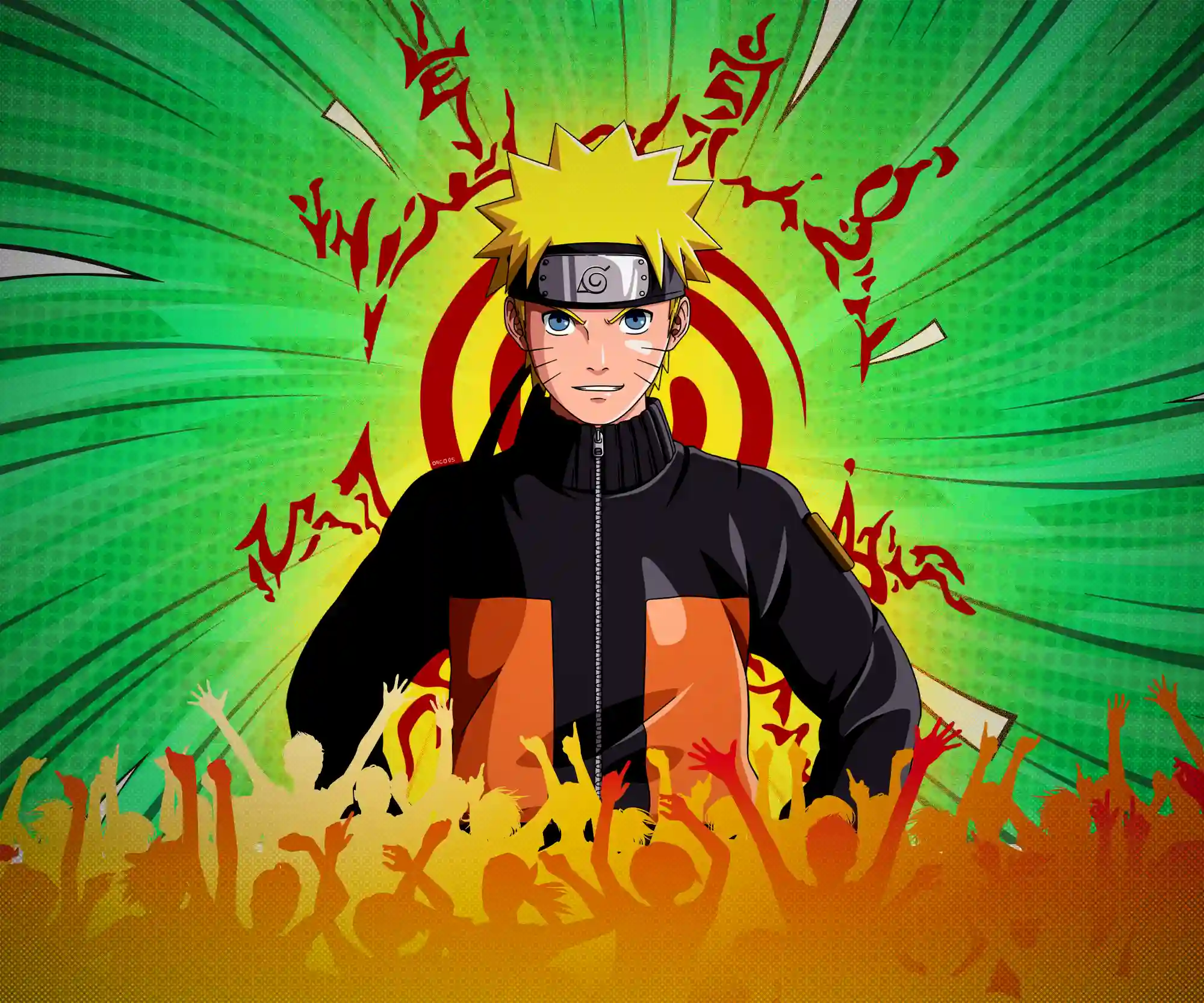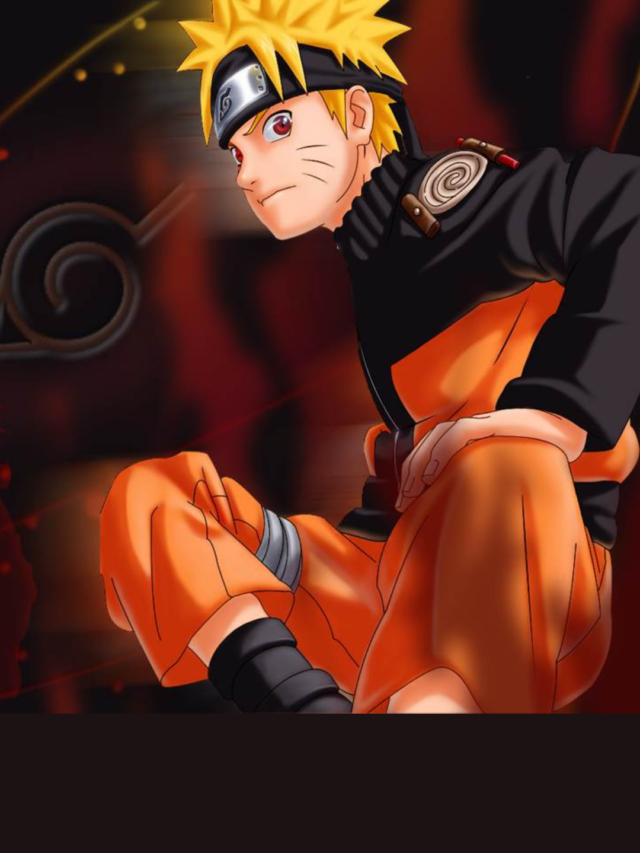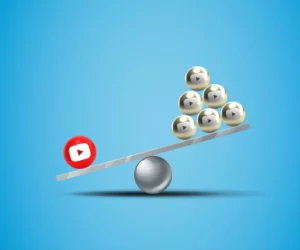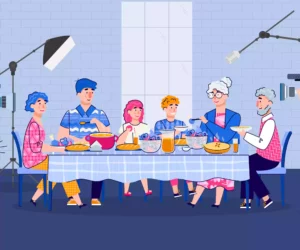
The world-renowned manga Naruto by Masashi Kishimoto first graced the screen in 2002. With a combined total of 720 episodes, Naruto and Naruto Shippuden (Part II of the original series) have entertained a loyal fan base over decades. Around its 20th anniversary, they hyped a teaser to announce something significant today, 17th December 2022. The hype has carried across age groups, uniting fans of the anime. It seems that the reach of Naruto is virtually immortal, even now, when a sequel following Naruto’s son Boruto continues to air. There are also 11 movies—one every year from 2004-2015, excluding 2013.
Naruto across generations
I started to watch this series around 2006 when I was 13. The character of Kakashi spoke to me—mysterious, nuts, pretty dangerous—it didn’t get much cooler than that. I also obsessively watched it last year when I went to India and discovered that Naruto streams on Netflix there; that’s at 28. It didn’t feel too mature when I was a kid, and it doesn’t feel too childish now that I’m an adult—it’s still the coolest anime ever. And it’s not just the case with my generation. During my stint as a substitute third-grade teacher earlier this year, a kid brought a headband to the class that bore the Hidden Leaf motif and completely disrupted all proceedings.
The Naruto series: an introduction
For those of you who need it, here’s a refresher/overview: in Naruto, there are five big nations, each of which has its own shinobi (ninja) village. The shinobi are responsible for protecting their nation and regularly carry out missions for the same. Each village has a Kage (head), and our protagonist Naruto wants to be the head of his village. As a part of their training, ninja students are split into groups. Naruto’s Team 7 consists of himself, Sakura Haruno, and Sasuke Uchiha, with Kakashi sensei as their mentor. The series follows Naruto and his contemporaries as they duel each other during exams, thus ascending to higher grades and fighting enemy shinobi during missions.
Everything from the underdog storylines to the soundtrack is epic. However, this series’s underlying themes and life lessons will survive through time, teaching values that sometimes get lost in a child’s violent video game world.
Important takeaways courtesy Naruto
All the characters have arcs that signify growth and form their underlying principles. Here’s what I learnt from some of my favourite Naruto characters:
From Naruto Uzumaki: how to own your principles
The central plot is the tale of a twelve-year-old boy who wants to be Hokage. He isn’t very talented—in fact, he’s somewhat lacking in that department. But despite being alienated, criticised, and mocked, he is determined and works hard, practising for each Jutsu (skill/technique) until he has mastered it. He isn’t one of those central characters (like Frodo Baggins or Harry Potter) who always require someone to save him. Instead, many of his peers come to appreciate and be inspired by his work ethic. By always standing up for his beliefs, he becomes a hero among his people. In Boruto: Naruto the Movie, Naruto has become the Seventh Hokage, proving that dreams come true when you work passionately towards them.
From Rock Lee: the reward of labour
Rock Lee is an excellent example of why hard work is more important than innate talent. He cannot exert chakra outside his body like the rest of his peers, making ninjutsu (ninja techniques) and genjutsu (illusionary techniques) impossible. But instead of letting that dissuade him, Rock Lee masters each taijutsu (body technique) with painstaking practice and the support of his mentor Guy Sensei. In addition, his personality makes him so lovable that, even though his first appearance isn’t until a little later in the series, he is a fan favourite. Another notable trait is his empathy. We see this when Gaara (a character who started as an antagonist) wounds Rock Lee. So badly is Rock Lee injured during their duel that he almost has to give up on being a shinobi. Yet, he later comes to befriend Gaara during their fight against Kimimaro, a uniquely powerful ninja leader.
From Sasuke Uchiha: the journey to self-discovery
Sasuke starts as the most talented member of Team 7. Mysterious with a dark past, he does not suffer Naruto’s foolishness. But just as their relationship grows stronger, Sasuke’s darkness comes to haunt him. With Sasuke, we realise that not all villains are evil from the start, and you can’t change someone unless they want to change. In fact, all Naruto villains are flawed individuals whose journey led them to a dark path. However, Sasuke eventually becomes a mentor to Naruto’s son, Boruto. In addition, he atones for his past sins by protecting the Hidden Leaf Village. His story is one of self-discovery and overcoming childhood and family trauma with the help of his chosen family.
From Sakura Haruno: the transformative power of friendship
At first, Sakura is just a girl crushing on Sasuke. Still, as the series progresses, she evolves into a fierce warrior. That moment where she chops off her long locks to prove her commitment is symbolic of her path towards becoming a great ninja. She has an inner Sakura that is childish, a bit petty, and easily agitated, which she must suppress initially. Later in the story, the inner Sakura stops appearing as she matures into her true self out in the real world. Her kindness and loyalty to her friends grow alongside her abilities, which she hones through intense training with the great Tsunade, an expert practitioner of martial art strategies. While she does represent the female warrior-healer trope (like Lucy from The Chronicles of Narnia), Sakura’s growth teaches us not to judge a book by its cover.
From Gaara Yuzawa: finding sanctuary in comradeship
We first meet Gaara as a monster, later realising that a parasitic predator controls this child. His childhood, like Naruto’s, is one of stigma and isolation. However, through Naruto, Gaara realises he can deal with his past in another way to overcome the monster within. Later, he adopts Naruto’s dream and becomes Kazekage (a high rank among the shinobi) of his village. Through his story, we learn that friendship and camaraderie are not weaknesses but sources of great strength.
From Hinata Hyuga: the force of love
Hinata begins as a very timid character lacking motivation. When Naruto rescues her from bullies, he becomes the recipient of her pure and intense love. Her admiration for his determination causes her to follow Naruto’s ninja way to ‘never go back on (one’s) word.’ She doesn’t like to inflict harm and so shies away from fighting. However, Hinata is born to be the leader of her clan. Still, her father reconsiders this decision because he sees her as weak. During the chunin exams (a series of duels against ninjas of other villages), she is inspired by Naruto to ‘never give up’. This is her turning point. And while she is still too much of a kind soul to cause pain eagerly, her fierce sense of love and loyalty becomes her strength.
From Kakashi Hatake: the importance of teamwork
Kakashi’s calm and composed attitude is the perfect response to Naruto’s restless enthusiasm. An exceptionally talented shinobi and teacher, Kakashi’s first lesson with Team 7 is in teamwork. He grows up believing that the mission takes priority over everything else but soon learns that the team is crucial to any mission. He has PTSD from the death of his friend Rin Nohara, who sacrificed herself to save the village. Unlike so many talented ninjas, Kakashi has no thirst for power. Despite this, he is often called upon to make strategic decisions because of his sound judgement. Eventually, he becomes the Sixth Hokage (village leader).
All these learnings and more show that this isn’t merely an addictive show or a beloved comic series. Over time, Naruto has evolved into something the masses meaningfully gravitate towards as a collection of life lessons, curious philosophical ideas, and powerful themes. So who is your favourite Naruto character? Let’s talk about it down below!




I would add Itachi Uchiha as another favourite from the series along with all the names you have mentioned in the article. He made the ultimate sacrifice while dedicating his life to the leaf village. And lets not forget Jiraiya Sensei too. There is so much depth in each character and not just in the lead character, thats what I feel makes the series stand apart and be relevant even now.